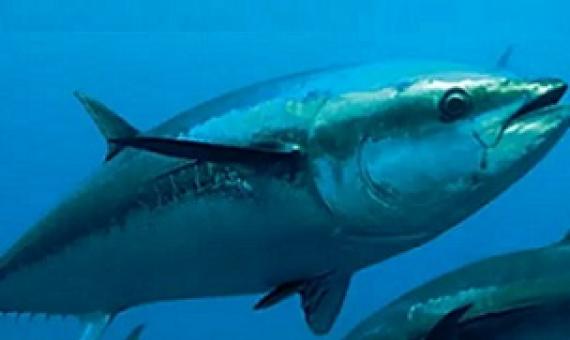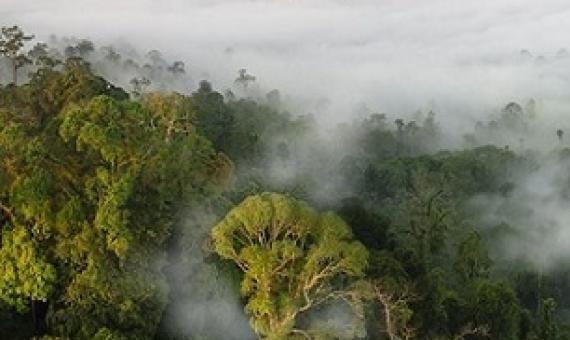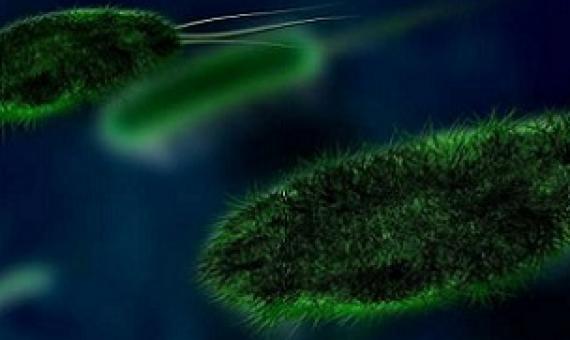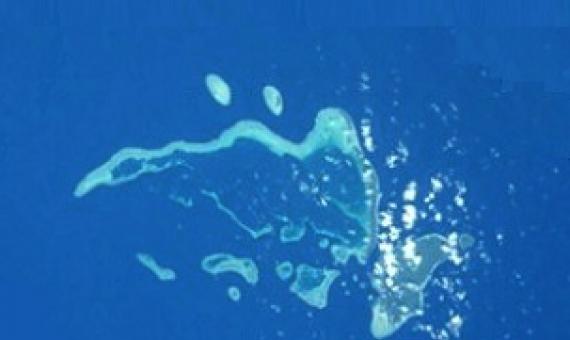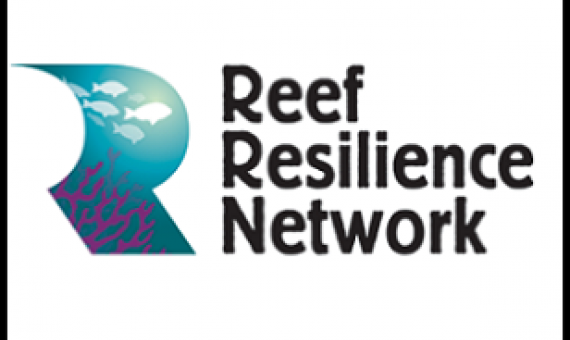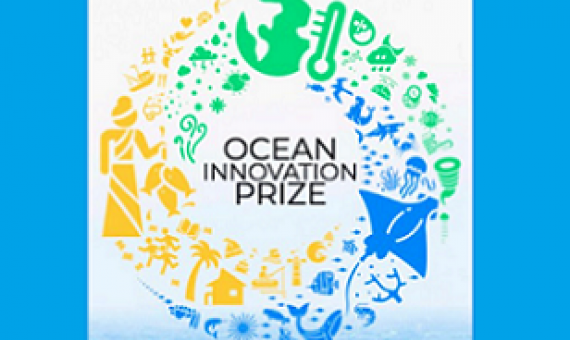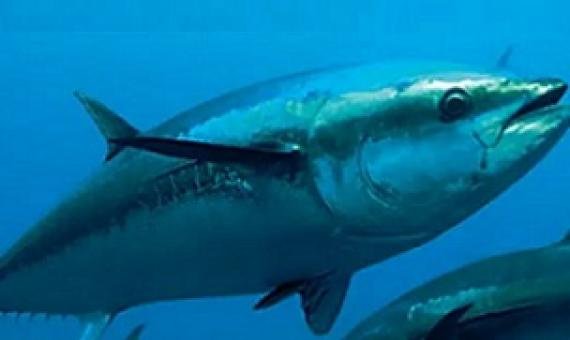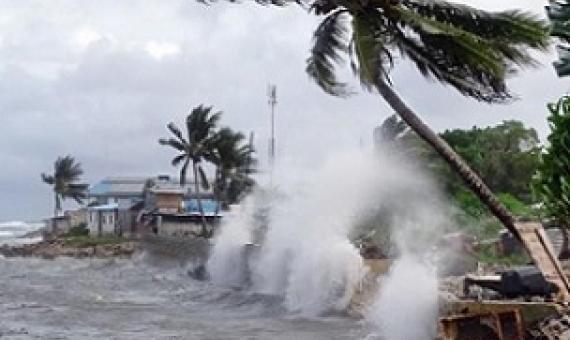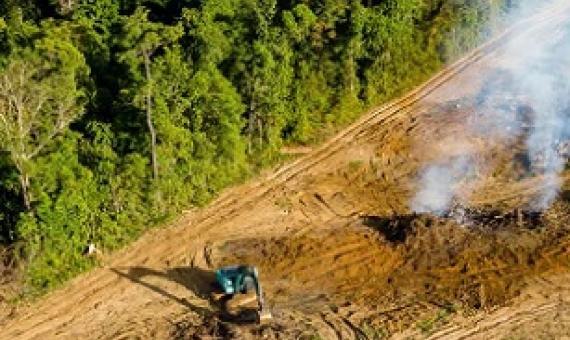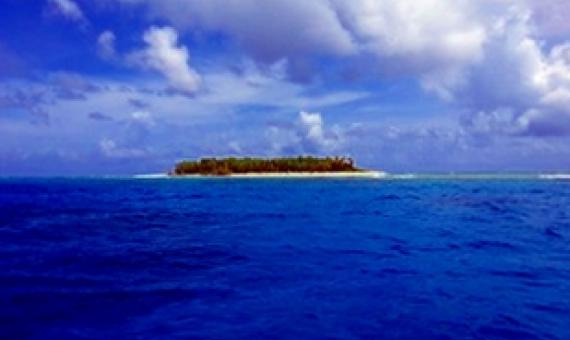Environmental factors, including climate change, are affecting catches for local fishermen and more needs to be done to ensure Pacific tuna stocks remain healthy, says an official with the World Wildlife Fund.
Humid tropical forests, vital in global efforts to limit rising temperatures, are under threat as a result of changes in land use and climate.
According to a new report co-written by Illinois Natural History Survey postdoctoral researcher Valeria Trivellone, climate change, poverty, urbanization, land-use change and the exploitation of wildlife all contribute to the emergence of new infectious diseases, which, in turn, threaten global f
The outlying islands of Temotu are some of the worst affected from storm surges and sea level rise...But for the people, disaster risk reduction is not an option.
The Reef Resilience Online Courses have been designed to provide easy access to the latest science and strategies for managing coral reefs in a changing climate.
The Blue Climate Initiative (BCI) is welcoming applications from innovators and entrepreneurs for the global US$1 Million Ocean Innovation Prize. The Prize is designed to inspire, fund and support innovations that mitigate climate change through ocean-related strategies.
After six years, the second Oceanic Fisheries Management Project in the Western and Central Pacific Ocean (WCPO) has come to an end...The aim of the project was to help the small island developing states of the WCPO ensure the sustainable management of their oceanic fisheries and to better unders
The climate crisis has been thrashing the Pacific Islands, causing drought, coral reef bleaching, more powerful storms and sea level rise. Super Typhoon Yutu in 2018 left thousands in the US territories of Saipan and Tinian without homes, power and running water for months.
We all know action on climate change is urgently needed. But that doesn’t mean a forest should be razed to build a wind farm.
An environmental official stressed that climate change is “the single greatest threat” to Pacific peoples’ livelihoods and security as he highlighted the devastating effects of extreme weather events caused by climate change.

